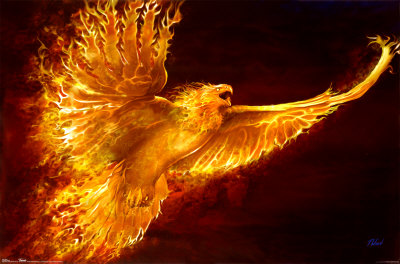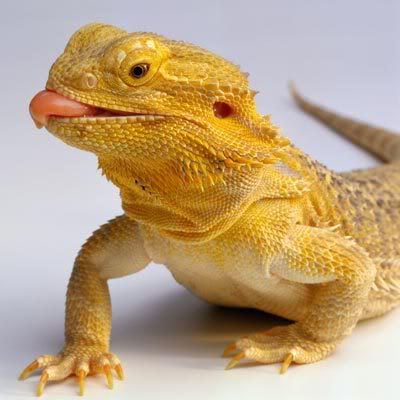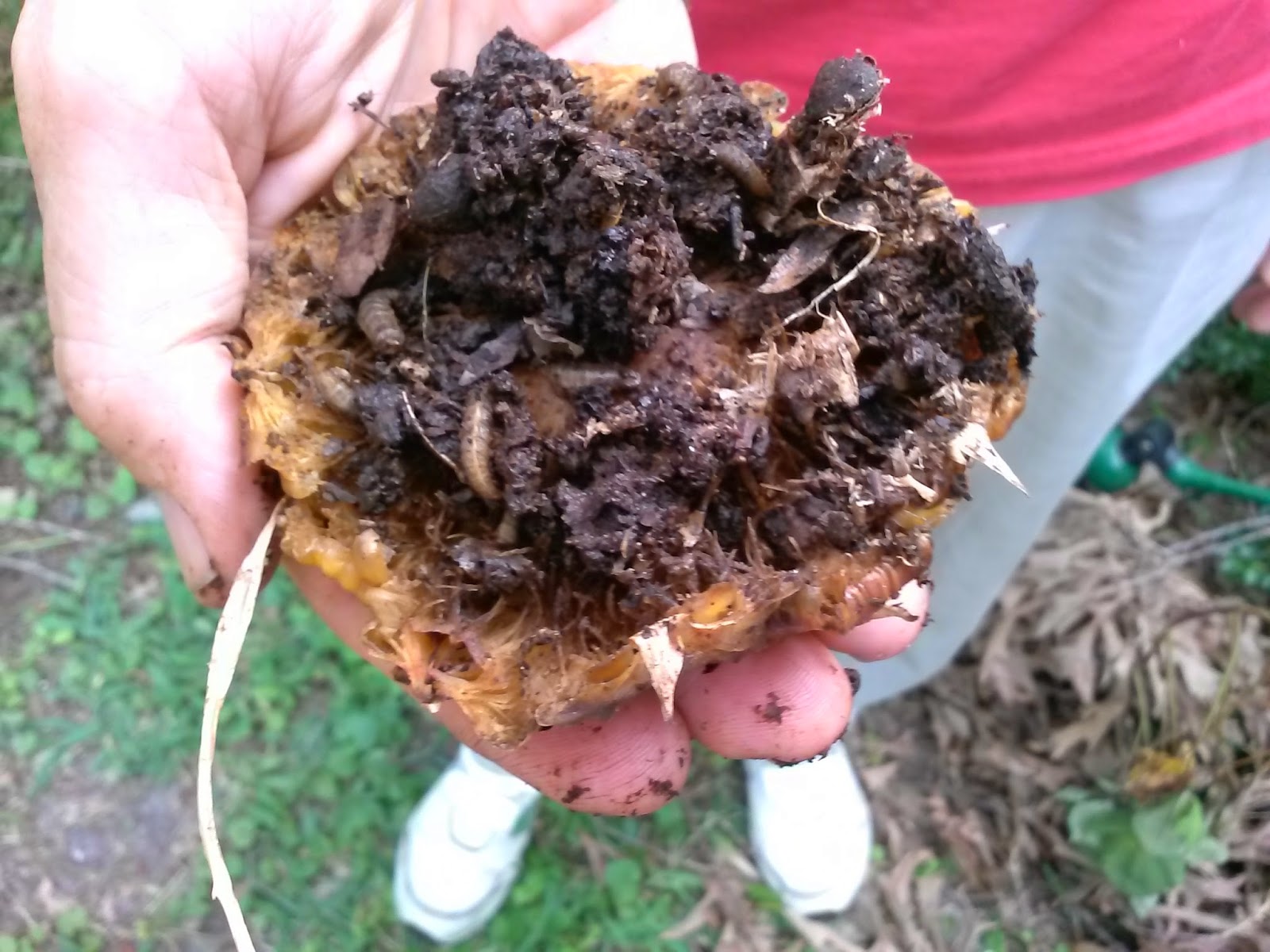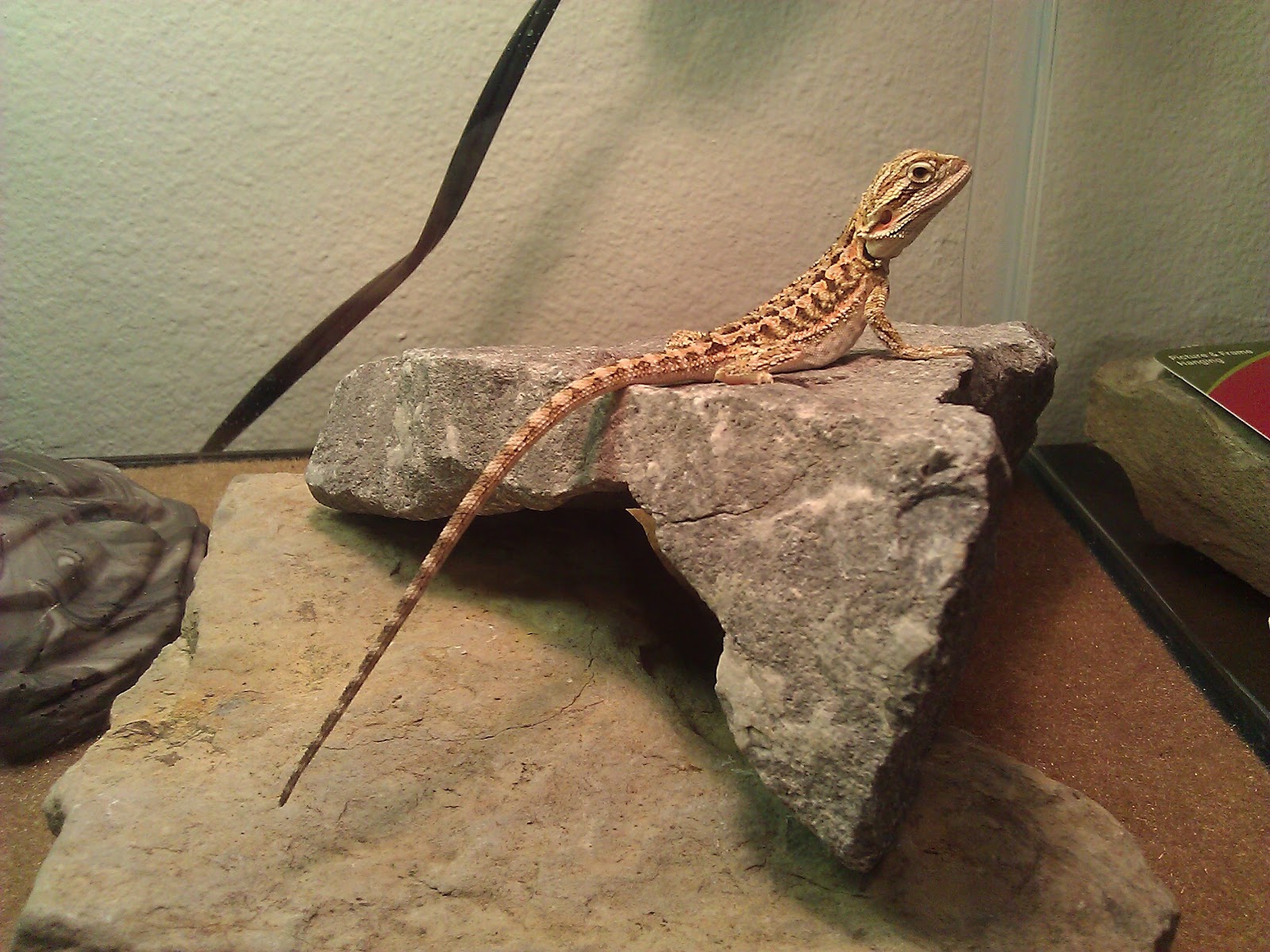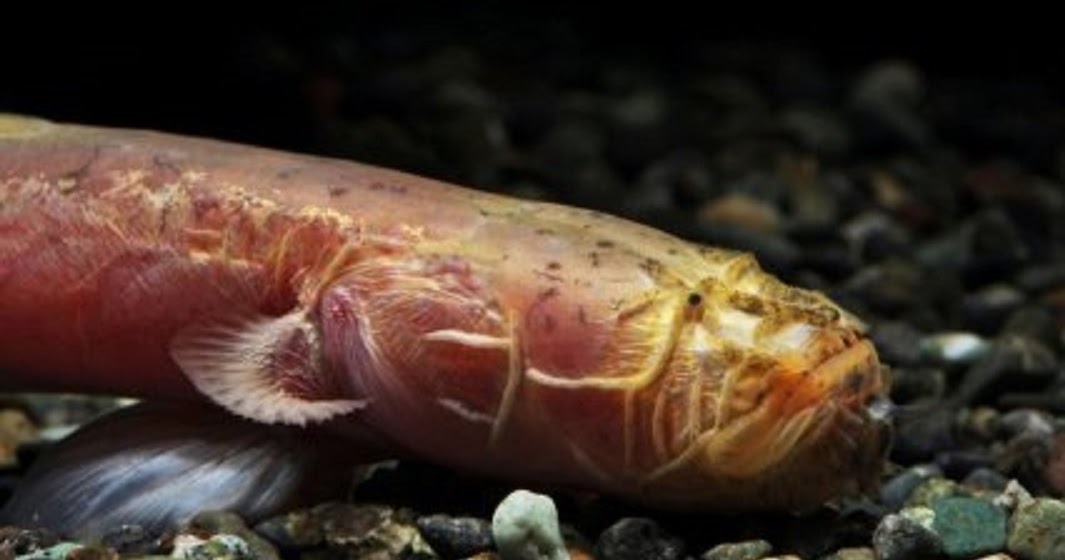The Ultimate Guide to Phoenix Worms for Bearded Dragons: Everything You Need to Know
Introduction
As a new bearded dragon owner, you may be wondering what to feed your pet to keep them healthy and happy. Bearded dragons are omnivorous, meaning they eat both animal and plant matter. While there are many options available, Phoenix worms are one of the best choices for your bearded dragon. In this guide, we will cover everything you need to know about Phoenix worms for bearded dragons, including their nutritional value, how to store and feed them, and much more.
What are Phoenix Worms?
Phoenix worms are a type of insect that are great for feeding to bearded dragons, as well as other reptiles and amphibians. They are black in color and have a soft, plump body that resembles a small grub. These worms are also known as black soldier fly larvae, and are highly valued among reptile owners for their nutritional value and ease of care.
Nutritional Value of Phoenix Worms
Phoenix worms are an excellent source of protein, calcium, and other essential nutrients for your bearded dragon. They have a unique calcium to phosphorus ratio that is ideal for your pet’s health. This makes them an excellent choice for providing your bearded dragon with the nutrients they need to thrive.
How to Store Phoenix Worms
When you buy Phoenix worms, they are typically shipped to you in a plastic cup with a lid. Keep the lid on the cup and store it in a cool, dark place, such as a pantry or closet. You can also refrigerate the cup to extend the lifespan of the worms. Make sure to keep the worms dry and remove any moisture that accumulates in the container by opening the lid for a few minutes each day.
How to Feed Phoenix Worms to Your Bearded Dragon
Phoenix worms can be fed to your bearded dragon as a regular part of their diet. You can feed them once or twice a week, depending on the age and size of your pet. One of the best ways to feed Phoenix worms is by placing them in a shallow dish or feeding tweezers. Watch your pet eat to make sure they are consuming the worms and not just playing with them. After 15-20 minutes, any uneaten worms should be discarded.
Benefits of Feeding Phoenix Worms to Your Bearded Dragon
Feeding your bearded dragon Phoenix worms has many benefits. First and foremost, they are a great source of nutrition. They are high in protein, calcium, and other essential nutrients that can help keep your pet healthy and happy. Phoenix worms are also easy to care for, making them a low-maintenance option that is perfect for new reptile owners. Finally, Phoenix worms are very affordable, making them an excellent choice for reptile owners on a budget.
Possible Drawbacks of Phoenix Worms
While Phoenix worms are generally considered safe and healthy for your bearded dragon, there are a few potential drawbacks to keep in mind. One potential issue is that the worms can be quite small, which can be challenging to feed to larger bearded dragons. Additionally, some pets may have an allergic reaction to the worms or other insect feeders, so it’s always a good idea to observe your pet carefully after feeding them Phoenix worms for the first time.
Conclusion
In conclusion, Phoenix worms are an excellent choice for feeding your bearded dragon. They provide essential nutrients, are easy to care for, and are affordable. As with any food item, it’s always important to observe your pet and make sure they are eating and digesting their food properly. With a little care and attention, your bearded dragon can enjoy a long, healthy life with Phoenix worms as an essential part of their diet.

